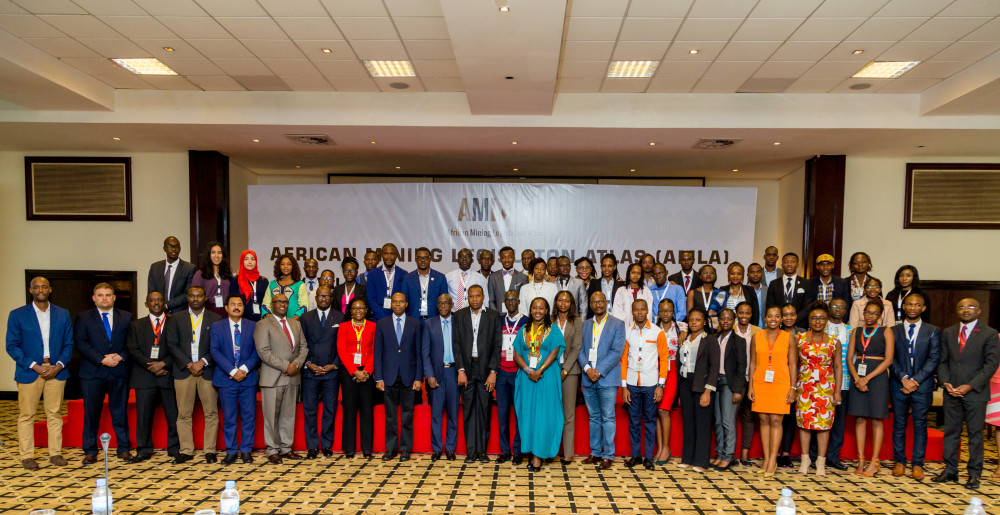& Media /

A ten-day regional workshop aimed at discussing issues around the sustainable development of Africa’s mining sector dubbed ‘The 2018 African Mining Legislation Atlas (AMLA)’ kicked off yesterday 09 December 2019 in Kigali, Rwanda.
The AMLA Project is one of the flagship projects of the ALSF implemented with different partners including the World Bank’s Legal vice Presidency, the Extractive Industries Technical Assistance Facilities (EI-TAF), the African Union Commission (AUC) ), and several African law faculties.
The workshop is gathering legal academics and practitioners in mining sector that serve as advisory to the Legal Research Team (LRT) to facilitate knowledge sharing and the creation of a network of specialized African experts.
It brings together about 120 participants from across the world including government officials, private sector representatives, NGOs, international organizations such the World Bank, the African Union Commission, Academics, and 61 advanced law students and legal professionals from 23 African universities and 19 African countries.
The official opening of the AMLA 2018 workshop was held at Serena Hotel on Sunday 9th, 2018 and was officiated by the Rwanda Mines, Petroleum and Gas Board Chief Executive officer and Member of Cabinet, Francis Gatare.
Officiating the AMLA, Hon. Gatare noted the importance of the workshop and sharing knowledge on the mining sector, “It is very important to continue to train an important critical mass of professionals that understand mining sector, value chain so to fully benefit from the natural resources.”
He went on, urging participants to be mindful about the balance of how to reward capital investment into the Mining sector.
On that day, Eminent participants from across the continent and beyond including government officials, private sector representatives, NGOs, international organizations such as the World Bank Group Senior Counsel, Legal Vice Presidency, Ms. Nneoma Veronica Nwogu, Ms. Kate Mavuti from Strathmore University, Kenya and various academics who participated in an engaging session on “Governance and Transparency in the Extractive Industry”.
Dr. Abdoul Karim Kabèle-Camara, AMLA Task Manager & Coordinator at the African Legal Support Facility (ALSF) highlighted the value of the workshop towards the future of Africa's mining sector and commended ALSF’s key role in mining development across Africa.
Another highlight of the opening day is the visit of the Genocide Memorial and the Amazing race, an engaging team-building exercise. After paying a tribute to the victim of the genocide, the participants were split into teams and given a series of challenges, which called upon their cooperation skills, their awareness of government policies and their knowledge of mining laws. Now familiar with one another and their lecturers, the students can look forward to an intensive week of lectures, presentations, and hands-on exercises led by experts in the industry.
Up to date, the AMLA project has trained 140 Advanced African law students and legal professionals, from 53 countries.
ABOUT THE ALSF
The ALSF helps African governments to strengthen their legal expertise and negotiating capacities, particularly in the areas of natural resources and extractive industries, investment agreements and public-private partnerships including large-scale infrastructure projects and other-related complex commercials and business transactions.
The ALSF which is playing a key role in Mining Development in Africa, also provides assistance to development assistance to developing legal capacities throughout the continent. Its capacity building model focuses on a real transfer of knowledge and skills development to nationals by means of workshops, conferences, seminars, and other such activities. To date, the facility has trained over 3000 African Experts in commercial legal issues from more than 45 African States. The facility also provides African Countries with final resources to obtain specialist legal assistance for the negotiation and settlement or litigation of creditor claims.